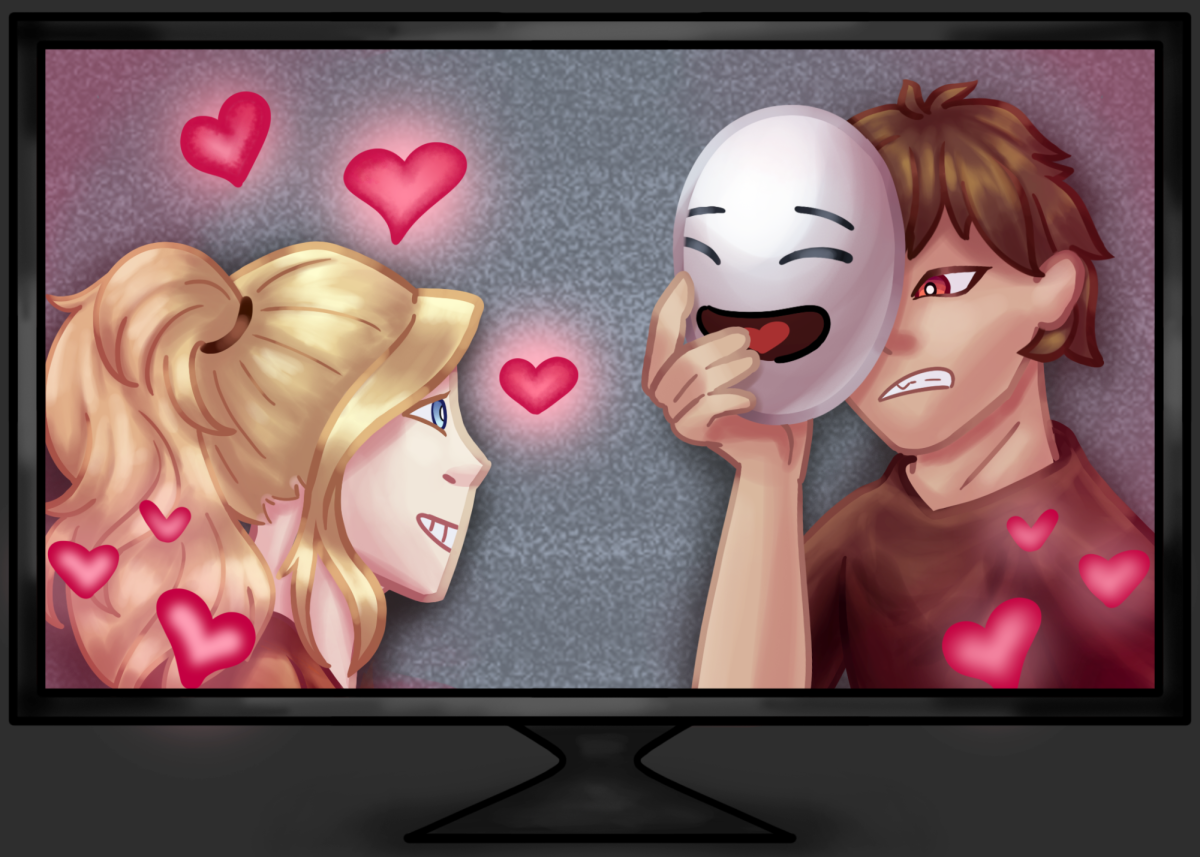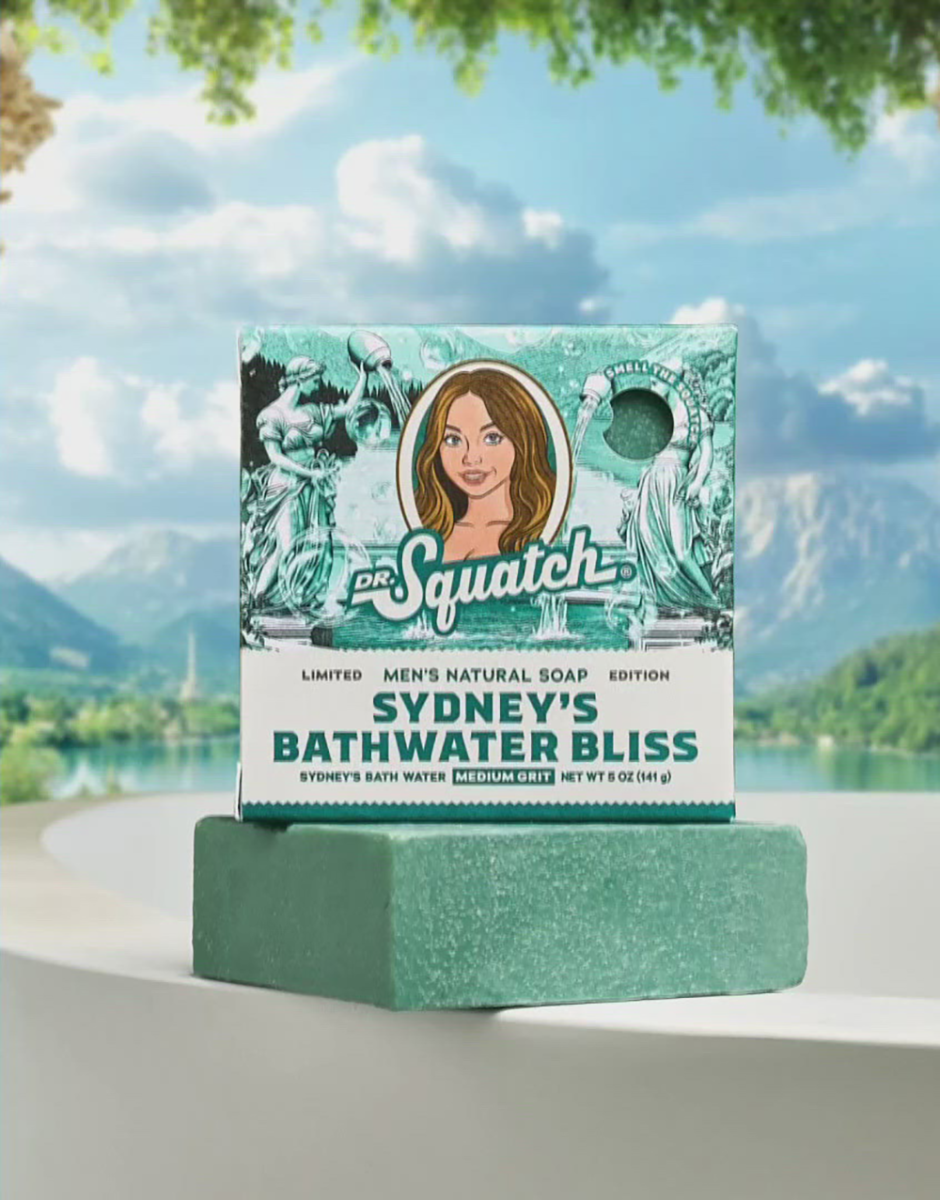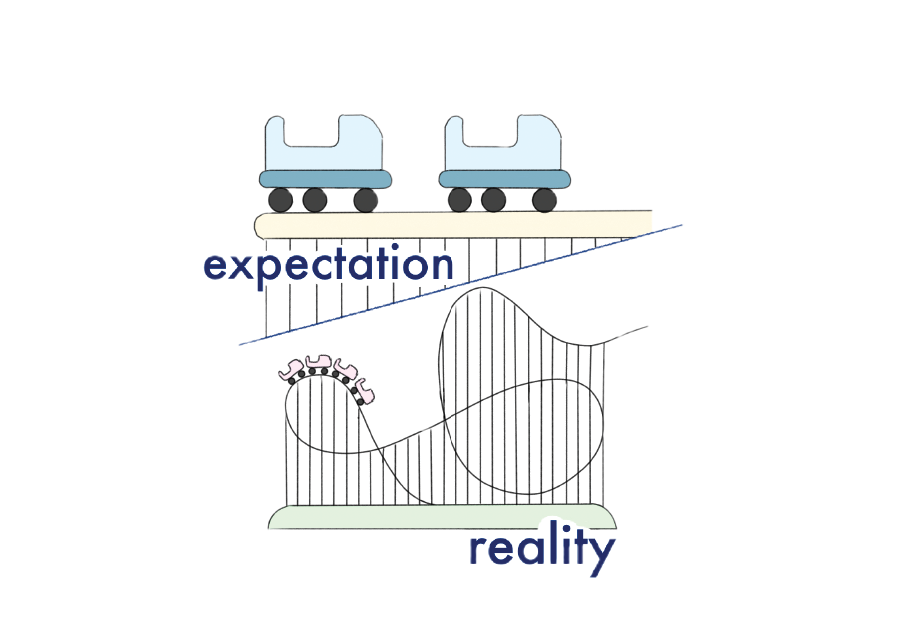A ring the size of a sliver of tinfoil. A $750 raspberry coulis chocolate cake. Cheating with another girl twice two days after a “breakup”. Sound familiar? These complaints surround Jeremiah Fisher, a love interest in the viral teen-series “The Summer I Turned Pretty.”
As the episodes drop throughout the weeks, people have flooded social media platforms with recounts of their switch to Team Conrad, lambasting Jeremiah in the process. However, what ultimately alters your opinion of him shouldn’t be based on just recent events. Sure, these jokes are funny and demonstrate Jeremiah’s extreme immaturity in season three, but the issues within his and Belly (the main character and female love interest)’s relationship, as well as his own issues run much deeper.
Frankly, Jeremiah’s behavior towards Belly across two and a half seasons involves an abysmal lack of communication and responsibility, self-centeredness, extreme insecurity, guilt tripping and double standards. Also, he’s more obsessed with one-upping Conrad than maintaining her happiness. Point blank: none of these traits make a good relationship. While Jeremiah cares for Belly, this is not a relationship people should be supporting.
Unfortunately, this isn’t the only example of a subpar love interest to become a media darling. Take the Kissing Booth series, for example. Noah, the male love interest, is the archetype of the “bad boy jock,” complete with repeated physical violence towards other people his age (including his brother) and manipulative, possessive tendencies towards Elle, the female love interest. In the beginning of the first episode, he even tells Elle she’s “asking for it” when a boy slaps her backside. Are we supposed to root for this guy? The glorification of someone’s lack of respect for other people needs to end.
Jacob Elordi—Noah’s actor—also portrays Nate from “Euphoria.” Nate’s worse than Noah and Jeremiah combined. He objectifies, sexually assaults and degrades young women. Yet he’s characterized as “protective” and “masculine,” as many reviewers excuse his actions in the context of their physical attraction to him. While Nate has experienced tremendous amounts of trauma, it’s ultimately his responsibility alone to break further cycles. Issues? Valid. Destroying girls’ lives? Not.
The problem isn’t that these love interests exist, per se; after all, in Hollywood’s eyes, drama and hot guys sell each other. It’s that every time, without fail, the danger of these men and the “relationships” they ruin is continually glossed over in favor of fan edits and a lack of honest appraisal. Besides being disrespectful to people who endure these real-world situations, the fans’ thirst overshadows effective discourse over the character’s unjustifiable actions and rigid gender roles.
In turn, the casual acceptance of these situations influences impressionable young people to not only accept these toxic relationships as the ideal, but to strive for them. After all, viewer engagement only encourages Hollywood to continue featuring these qualities in love interests. As people make excuses for a fictional person’s faults, the line between that and an increasingly unfortunate reality only blurs further.
In fact, on platforms such as BookTok, a popular subsection of TikTok, frequent comments include things such as “I’d never let this pass in real life, but I love reading about it”.
Beyond a simple desire for drama, this thought process is incredibly problematic and damaging. As our society increasingly revolves around the digital sphere, we become the media we consume and support. Viral videos that spotlight controlling and murderous love interests are often ridiculed, but the fact that there’s a fanbase who popularized these behaviors often goes ignored.
That same fanbase is even more susceptible to being mistreated in relationships, because they already have a track record of accepting and encouraging egregious actions from fictional characters. In the case of abusers, there’s not much that changes off a page.
Additionally, though not featured as prominently in the media, men are also victims of assault. However, whenever they do suffer abuse in films or TV series, the public response is often even more unsympathetic than to a woman’s plight. In turn, this stigmatizes further awareness of issues surrounding bodily autonomy and informed consent. Whether it’s condoning a woman’s exploitation or invalidating a man’s abuse, neither promote a culture that promotes boundaries and healthy relationships.
If you ever feel like your dignity is compromised or if your partner takes advantage of you in any way, it’s a sign something needs to change. Toxicity can be perpetrated by anyone, at any time—don’t let any media sway you into thinking otherwise.
If you or anyone you know is experiencing physical/emotional mistreatment within a relationship, here is a resource:






